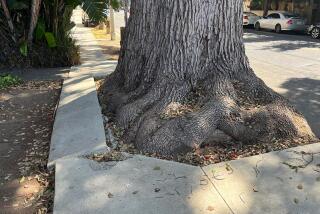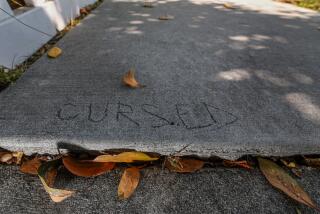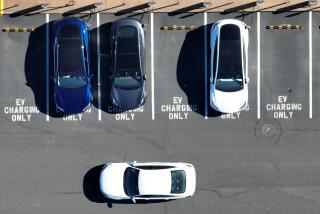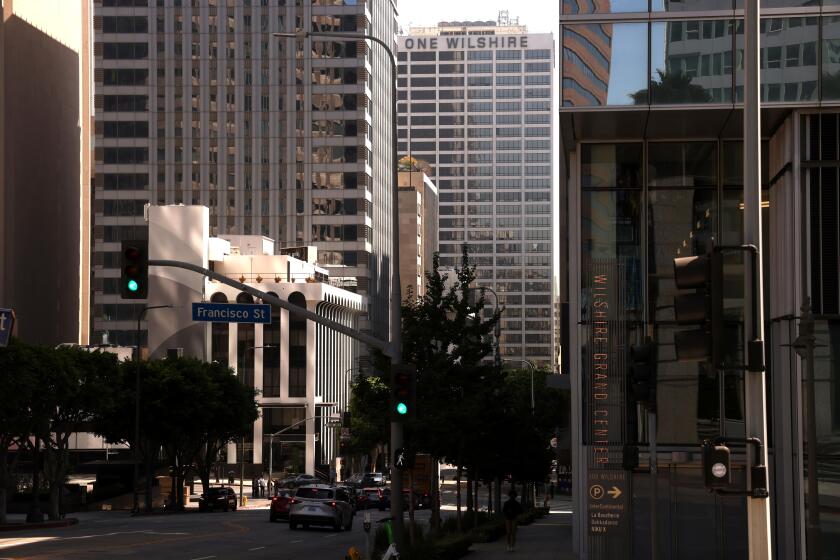California facing big challenges in improving state roads
The Reason Foundation, a libertarian-leaning think tank, says in a new report that California is facing big challenges in improving driving conditions on its state-owned roads.
The foundation tracked spending per mile in seven areas: miles of urban interstate highways with poor pavement, miles of rural interstates in poor condition, congestion on urban interstates, deficient bridges, highway fatalities, rural primary roads in poor condition and the number of rural roads that are too narrow.
California was the only state that failed to improve in at least three areas, making strides only in repairing and retrofitting deficient bridges and in reducing fatalities during the period studied.
“California has struggled across the board. They are struggling simply to maintain pavement conditions,” said Chris Mitchell, director of communications for the foundation. “In 1989, only 4% of California urban interstates were rated as poor. By 2008, the number ballooned to 24.7%.”
Eleven states (North Dakota, Virginia, Missouri, Nebraska, Maine, Montana, Tennessee, Kansas, Wisconsin, Colorado, and Florida) made progress in all seven categories. An additional 37 states made progress in five of the seven categories.
The Reason Foundation study covered the years between 1989 to 2008, the latter being the most recent statistics available.
Preliminary figures for 2009 showed states, including California, benefiting from the first federal stimulus package, but things have changed considerably since then.
“The problem is that the money is getting thinner in almost every state,” said David Hartgen, emeritus transportation professor at the University of North Carolina Charlotte and a senior fellow at the Reason Foundation. “There has been a slowing of dollars into the various transportation trust funds.”
Moreover, Hartgen said, there is more competition for the money in terms of money for transit programs and other projects, such as high-speed rail.
“Since this report was prepared,” Hartgen added on a more positive note, California had begun to make some progress, enough to make him “cautiously optimistic” about the state’s future.
California “reduced the percentage of rural interstates rated as poor from 16% to 7%. The percentage of urban interstates rated as poor fell from 25% to 16%. But congestion increased.”
ALSO:
J.D. Power dependability rankings
Cars that will be cheapest to own over five years
Southern California suffers record one month rise in gasoline prices
More to Read
Inside the business of entertainment
The Wide Shot brings you news, analysis and insights on everything from streaming wars to production — and what it all means for the future.
You may occasionally receive promotional content from the Los Angeles Times.











